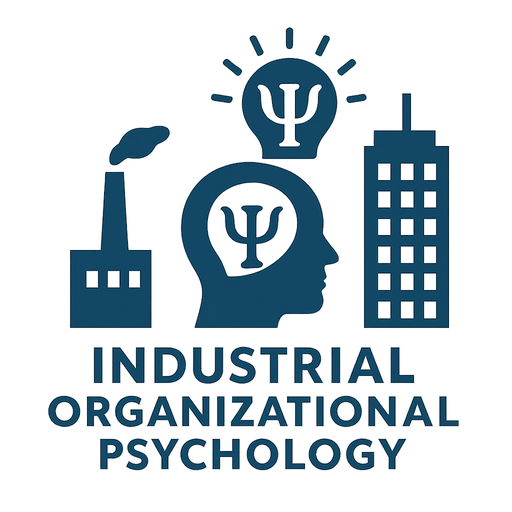There are many ways that industrial-organizational psychologists can apply psychological principles in workplaces and organizations. For example, an industrial-organizational psychologist may work with a company to improve their employee selection process. They may start by conducting a systematic review of the job for which the company wants to select new employees. By conducting a “job analysis” the industrial-organizational psychologist gathers up-to-date information about key tasks and competencies someone in the job must do to perform it well. They can then use other methods to help the company create a reliable and accurate strategies to finding people who can perform that job well.
Unfortunately, the field of industrial and organizational psychology is not as well-known as other areas within psychology, such as clinical or counseling psychology. With the current, rapidly-changing landscape of the world of work, employees and employers could benefit from this scientific field more than ever. Industrial and organizational psychology research can help to answer important questions that are relevant to today’s workplaces. For example:
- How can employers best motivate their employees to perform well?
- Are remote or virtual work options viable?
- Do employees perform better when they have schedule flexibility?
- How can organizations embrace diversity in their workplaces?
- Are “work from anywhere” policies conducive to productivity and employee engagement?
Human resource management professionals and managers of workplaces can learn best practices from this scientific field to support their stakeholders. By completing training or courses, reading books and articles, and applying what they learn from the field of industrial and organizational psychology, leaders can empower their decision-making with decades of scientific research conducted in workplace contexts. Organizations can also employ experts in industrial and organizational psychology to work full-time or as consultants to support initiatives. People who work directly in the area of industrial and organizational psychology often use the title of ‘Industrial-Organizational Psychologist’.
